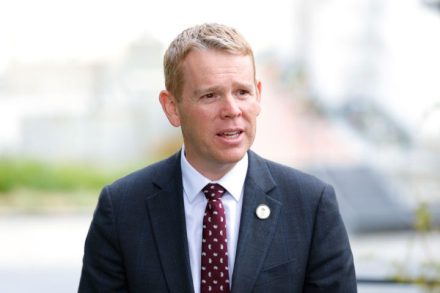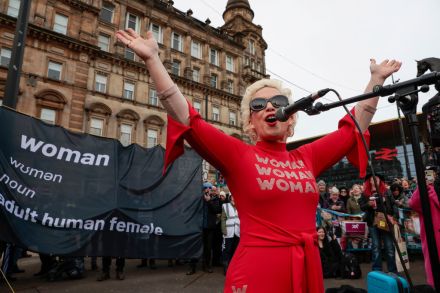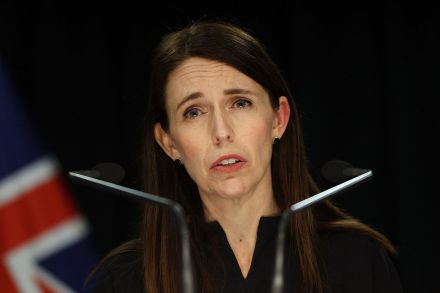Is New Zealand that bothered about becoming a republic?
The prime minister of New Zealand, Chris Hipkins, has said he wants his country to end constitutional ties with Britain and become a republic. Speaking just days before he attends the coronation of King Charles, Hipkins said: ‘Ideally, in time, New Zealand will become a fully independent country, will stand on our own two feet in the world, as we by and large do now.’ Hipkins, who replaced Jacinda Ardern as Labour leader in January, told a press conference in Wellington on Monday that while he imagined it would eventually happen, he was not planning any moves for the country to become a republic. ‘I’m on record as being a









